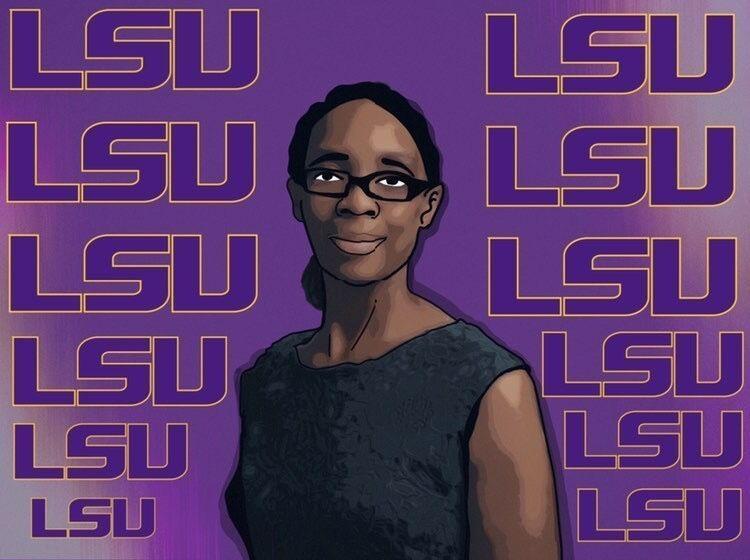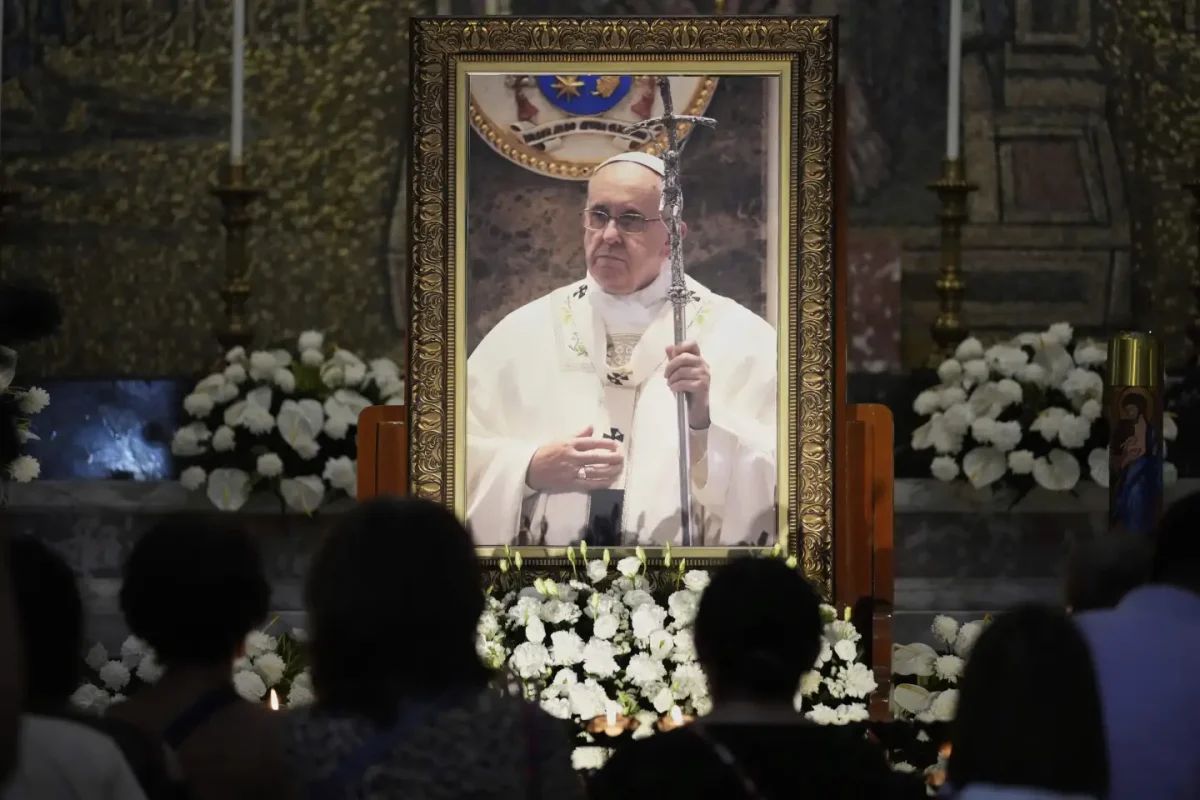On Jan. 25, the Faculty Senate voted on a resolution to make African and African American studies (AAAS 2000) a general education requirement in the undergraduate curriculum.
The resolution was withdrawn after it was decided the issue would be assessed by a special committee. Senate sponsors felt the motion was a means to delay the policy change.
The movement to integrate AAAS 2000 into the core curriculum was spearheaded by Professor Lori Martin and members of the Black Student Athletes Association (BSAA). Faculty senators Sonja Wiley and Cassandra Chaney drafted the controversial resolution and presented it at a Nov. 18 senatorial meeting.
There was a point in time not long ago when Black people couldn’t even attend the University, so requiring students to learn about Black history would certainly mark a turning point.
When my own grandmother applied for college, the University was hardly an option for her. It wasn’t until 1950 that the University’s Board of Education enrolled its first Black student, Roy S. Wilson.
Making AAAS 2000 an undergraduate course requirement would be a monumental stepping stone for the University, and one I believe is worth taking. The first step to eliminating ignorance in society is through education. This is especially important in our current social climate; teaching students while they are young is the best way to make sure we produce graduates who are more culturally aware.
The University should be more concerned with equipping students with the tools to understand and appreciate different cultures and histories
According to a Dec. 13 report by The Advocate, “An Association of American Colleges and Universities survey found nearly 60% had instituted a required course addressing the histories and/or concerns of students who aren’t white.”
The current course requirements for undergrads includes very little Black history. We typically learn a white-washed version of history — the same American Revolution I have been learning about since middle school.
We would not have to advocate for a Black history requirement if the current curriculum taught us about more than just the Founding Fathers.
On Jan. 12, decades after it was first recommended, the University finally approved the plan to implement an AAAS department.
If approved by the state Board of Regents, the University will be the first public institution in Louisiana to create a department for Black studies. Now, they must revisit and approve this resolution as well.
This AAAS course should at least be considered as a legitimate alternative to the current history requirements. If the University is not willing to add AAAS 2000 to the core curriculum, it needs to adjust the history courses that are already in place to include more diverse instruction in support of its diverse student body.
I am tired of only learning about slaves when I learn about Black history. There are so many other contributions that African Americans have made that should not be overshadowed by our history of involuntary bondage.
Tamia Southall is a 20-year-old mass communication junior from New Orleans.






